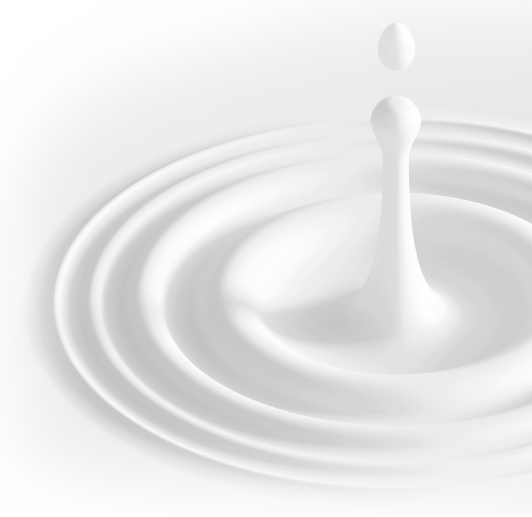Biomolecular condensates formed by liquid-liquid phase separation are important compartmentalization strategies of biological cells. We show that very high salinity, as found in the Martian soil and in similar harsh environments on Earth, still allows condensate formation for appropriate polypeptide sequences, even at high hydrostatic pressures as encountered in the deep subsurface.
Biomolecular condensates, formed by liquid-liquid phase separation of proteins and protein-nucleic acid mixtures, are considered one of the early compartmentalization strategies of cells and still perform numerous functions in biological cells today. Prof. Winter's group investigated the effects of extreme environmental conditions, in particular highly aggressive Martian salts (perchlorates and sulfates) and high hydrostatic pressure, on the formation of biomolecular condensates. It is shown that very high salinity, as found in the Martian soil and in similarly harsh environments on Earth, still allows condensate formation for suitable polypeptide sequences even at high hydrostatic pressures in the deep subsurface. This effect should be even more pronounced in narrow niches, such as those found in cracks in sediments and subsurface saltwater pools in deep lakes in the Antarctica or on Mars, opening a window for organisms exposed to such extreme environmental conditions to maintain the stability of their protein condensates.
The research results, which were developed within the framework of the Cluster of Excellence RESOLV, were published in the renowned Journal of the American Chemical Society.
ADditional information
Original Publication: Z. Fetahaj, L. Ostermeier, H. Cinar, R. Oliva, and R. Winter, "Biomolecular Condensates under Extreme Martian Salt Conditions", J. Am. Chem. Soc. 2021, 143, 13, 5247–5259, DOI: 10.1021/jacs.1c01832.

